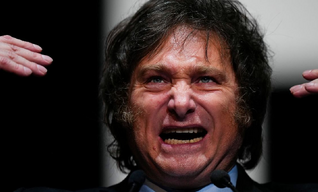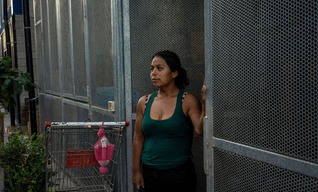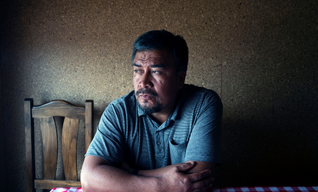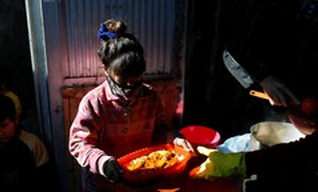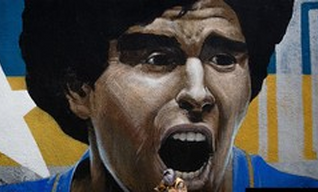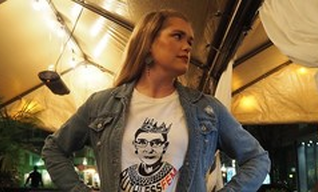
Roland Peters
Buenos Aires
-
Noch keine BeiträgeHier wird noch geschrieben ... bitte schaue bald nochmal vorbei

Roland Peters
-
gesellschaft
-
nachrichten
-
nordamerika
-
politik
-
reise
-
sportjournalismus
-
südamerika
-
usa
-
wirtschaft
-
englisch
-
korrespondent
-
interviews
-
lateinamerika
-
spanisch
-
auslandsjournalismus
-
korrespondenz
-
gesellschaftspolitik
-
auslandsreportage
-
mittelamerika
-
korrespondentenbericht
-
korrespondentenberichte
-
meinungsjournalismus
-
reportagen und features
Auftraggeber
freitag.de , n-tv.de , nzz.ch
Weitere Profile
Fehler!
Leider konnte der Artikel nicht gefunden werden.
We can't find the internet
Attempting to reconnect
Something went wrong!
Hang in there while we get back on track

